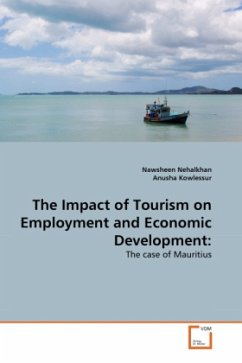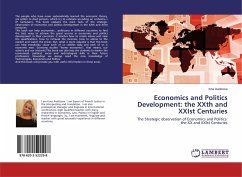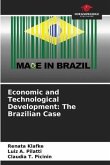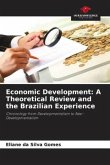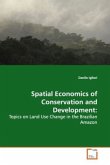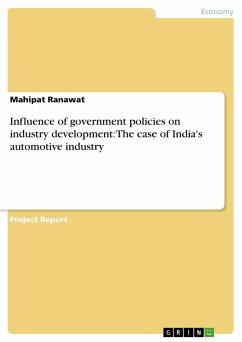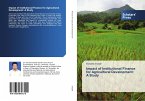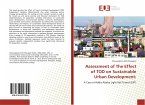For many developing countries tourism is one of the main income sources and the number one export category, creating much needed employment and opportunities for development. Over the last three decades, Mauritius has experienced a rise in Tourist arrivals from 128,360 to 840,000 in 2009. The hospitality sector, which is a labour intensive sector, has largely contributed to the Mauritian economy which has as main resource its Human Capital. Using a time series data that span from 1979 to 2009, this study explores the potential contribution of tourism to employment, economic development and by ricochet, poverty alleviation using Ordinary Least squares method. Particular attention is paid to the gender-differentiated impact of tourism on the labour market. The results show that receipts from the tourism industry significantly contribute both to the current level of employment and the economic growth of Mauritius.
Bitte wählen Sie Ihr Anliegen aus.
Rechnungen
Retourenschein anfordern
Bestellstatus
Storno

